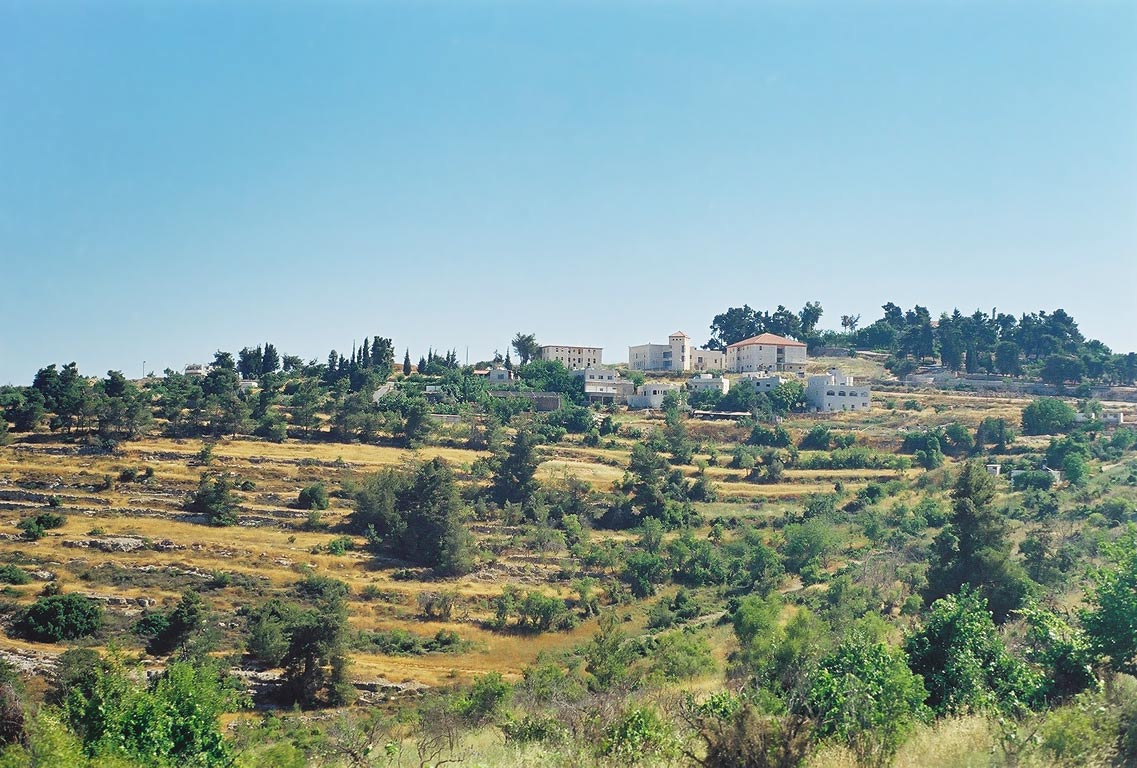What does it take to be an Israel advocate? Who are the types of people that dedicate their lives to Zionism? Do they rely on historical facts? Emotions? An unconditional love of the land?
I found it interesting to explore Judaism and the keys to successful advocacy through the eyes of powerful activists that dedicate their lives to promoting Israel around the world.
As a native citizen of Israel, who served in the Israeli Air Force before moving to study at Hunter College in New York City, I encountered demonization against Israel on campus on a daily basis. I see the lies that are spread around campus by students who have never visited the country. Recently, anti-Israel sentiment on campus has grown due to an increase in general campus activism. Hunter college has experienced large student-led rallies in the past three months. The rallies’ initial goal was to protest against rising costs of tuition, but it quickly became an anti-Semitic and anti-Zionist protest. These events caused Jewish students to feel attacked and unsafe on campus for supporting Israel and sometimes just for being Jewish.
A lecture by Ran Bar Yoshafat, the vice director of Kohelet Policy form, addressed some of the issues that I am familiar with as a Hunter student. Bar Yoshafat dispelled anti-Semitic campus myths through sample situations where Israel advocates address the facts and debate them in a positive way with bravery and confidence. Other great speakers such as Emanuel Navon, the author of The Victory of Zionism, and Kahled Abu Tomeh, an Israeli Arab journalist, also gave us insights about the politics behind the media and brought us a positive message regarding Israel’s future.
Additionally, our group has had fascinating experiences throughout our travels in the old city of Jerusalem. We explored the Christian Quarter, the Jewish Quarter, the Church of the Holy Sepulcher, The City of David and of course, the Western Wall. We learned about the deep Jewish roots that shaped the city of Jerusalem throughout the centuries, and the importance of sustaining and strengthening the Jewish connection to Jerusalem.
On a personal level, I have very much enjoyed the trip thus far. I have taken this trip as a time for me to learn about advocacy from both an Israeli and American perspective. I enjoyed being in Jerusalem and exploring daily life there; I had never imagined the spiritual experience I would feel during a Shabbat at the Kotel. There is something beautiful about Israeli unity. I realized how much I missed the beautiful vibe of the market, the streets, the people, and the food. Jerusalem is a unique place in the world, where the influences of the Middle East and the West work together in perfect harmony. Jerusalem is a city where everyone can at once feel perfectly at home and also challenge themselves through interactions with others that are religiously and racially different.
Knowing the past of Jerusalem made my experiences there that much richer. Yigal Alon, a former Israeli politician, commander of the Palmach and general in the IDF, once said: “A nation who doesn’t know its past, its present is poor and its future will forever be uncertain”. In terms of Israel and Jerusalem, I couldn’t agree more.
